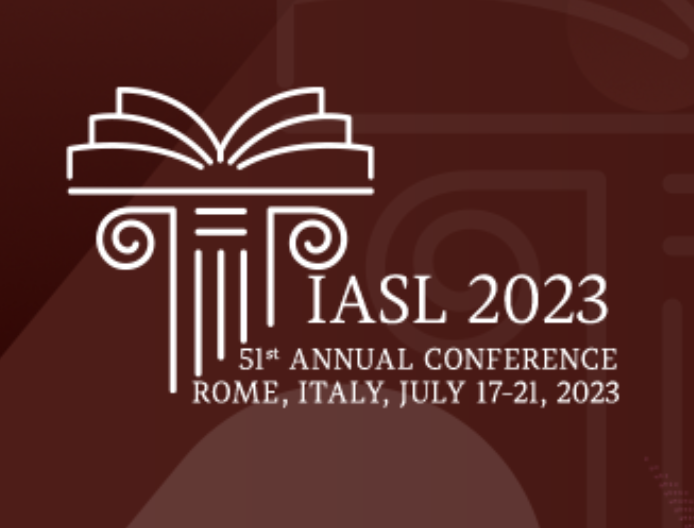Intellectual Freedom Issues for Students in Our Schools: Are We Ready?
DOI:
https://doi.org/10.29173/iasl8765Abstract
The concept of intellectual freedom includes a wide range of interlocking rights such as
freedom to read, freedom of expression, freedom to speak, freedom of the press, freedom to know,
and social responsibility, all of which are foundational to a democratic society and to schooling in
a democratic society. The fundamental rights of children are rarely addressed in discussions of
intellectual freedom, and in Canada and in the United States, children’s intellectual freedom rights
increasingly are being curtailed by politicians, courts, school administrators, and sometimes by
teacher-librarians themselves. There are resources that teacher-librarians can utilize when dealing
with issues related to intellectual freedom, especially when the rights of children are at risk. One
valuable resource is a national database of library challenges. Recognizing children’s rights would
mean including the interests of children and young adults (from birth to age 18) in the discussions
and deliberations related to intellectual freedom and freedom of expression.
Downloads
Published
Issue
Section
License
Copyright (c) 2023 IASL Annual Conference Proceedings

This work is licensed under a Creative Commons Attribution-NonCommercial 4.0 International License.




